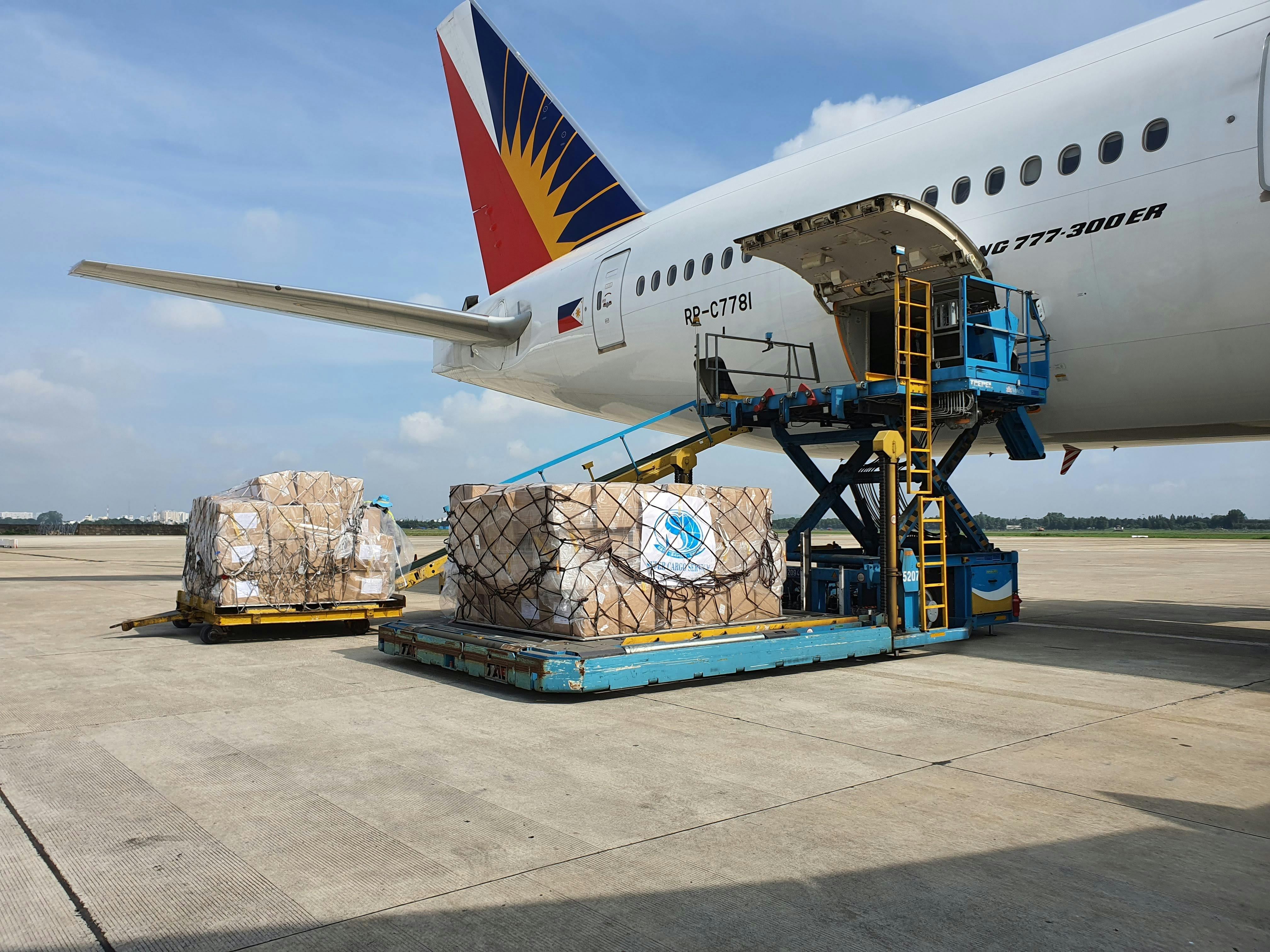Customs and Import Challenges for International Touring Performance Artists.

When a performance artist wants to break into new markets their management team will often arrange for an international tour. Touring can cover numerous dates in different countries and the logistical challenges of organising this can be significant. A key element in planning a tour are the implications for artists bringing their instruments and other equipment with them.
International trade agreements are in a constant state of flux which makes international touring a complex logistical challenge. If the correct procedures are not followed the result can be costly fines, delays and even the seizure of instruments and equipment. Tour organisers need to plan carefully to ensure they have taken every step necessary to ensure that instruments and equipment arrive at their destination safely, on time and with the appropriate documentation.
International Touring.
An international tour requires meticulous planning, and the services of specialist agencies are usually employed to bring everything together for a stress-free experience for the artist. A typical tour may last a month and cover numerous countries and cities although well-known artists can do tours lasting 6 months or more. The tour manager will be responsible for booking transportation, venues, accommodation and the necessary support infrastructure needed for each location. Many artists prefer to use their own instruments and specific equipment for their performances as well as bringing merchandise which is always a key revenue stream for them. Bringing these into a country may trigger customs authorities who may assess them as permanent imports which can attract import duties, tax and the possibility of inspections and seizures. Using the correct documentation can avoid these issues in most cases.
Travelling with Instruments, Merchandise and Backline Equipment.
Typically touring artists could travel with instruments (guitars, drums, brass, etc.) or DJ gear (CDJs, mixers, controllers, synths) plus stage props, costumes and wardrobe cases. The temporary importation of goods which are then taken out of a country again are not covered by most standard customs processes, so the solution is to use the ATA Carnet. This document acts as a passport for goods and simplifies the temporary importation of goods for a specific purpose. The ATA Carnet is valid for 12 months and they are used in over 85 countries globally. Obtaining an ATA Carnet needs to be done well in advance of a tour and requires details of every item including its value and country of origin. In some cases, it may require a financial guarantee (bond) to be lodged with the issuing organisation. Merchandise like clothing and CDs will be treated as commercial goods which may be subject to import duties and local VAT (Value Added Tax) and must be declared when entering a country. In some cases, using a local agent to produce and distribute merchandise may be a more cost-effective solution than bringing it with the touring equipment.
Haulage Logistics.
For international flights instruments and equipment can be handled by a reputable air freight carrier who are experienced in transporting materials on time with appropriate paperwork. If a tour covers a number of European countries by road there may be specific rules which need to be considered, especially for UK registered road haulage trucks. The EU now have a limit on the number of times a non-EU registered vehicle can load and unload goods within the EU. This can affect tour buses and trucks forcing touring organisers to use or hire EU-registered vehicles and local drivers which can be costly.
Tour managers increasingly use specialist customs brokers and tax experts who are familiar with touring artists and logistics. This can ensure that everything is in place before the tour starts with a seamless process for getting from one gig to the next. In most cases an artist will be unaware of the complex logistics and planning that goes into making their tour a stress-free experience leaving them to focus on producing quality performances.
For festival organisers planning their next event using a software management platform like Festival Pro gives them all the functionality they need manage every aspect of their event logistics. The guys who are responsible for this software have been in the front line of event management for many years and the features are built from that experience and are performance artists themselves. The Festival Pro platform is easy to use and has comprehensive features with specific modules for managing artists, contractors, venues/stages, vendors, volunteers, sponsors, guestlists, ticketing, site planning, cashless payments and contactless ordering.
Image by Ethan Nguyen via Pexels
<< Back to articles
Contact us
Get in touch to discuss your requirements.
US: +1 424 485 0220 (USA)
UK: +44 207 060 2666 (United Kingdom)
AU: +61 (2) 8357 0793 (Australia)
NZ: +64 (0)9887 8005 (New Zealand)